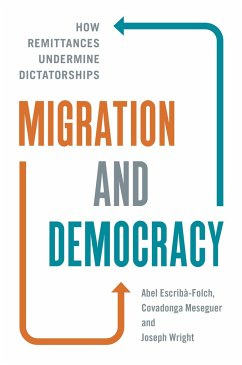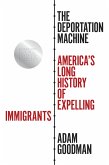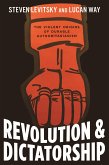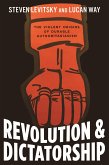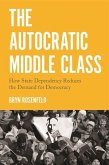"In the rich and growing body of work on democracy, there has been little attention to the connection between democracy and migration; and when there is, it is usually in connection with countries that see in-migration rather than out-migration. The latter is the focus of this book, which looks specifically at remittances--money sent from a migrant back to their home country--and how they reshape the internal balance of power by influencing the incentives and opportunities for political action among individuals receiving remittance income. Not only do remittances provide the resources that make contentious collective action possible, but they also reduce households' dependence on state-delivered goods and thus undermine the effectiveness of regime patronage strategies that underpin electoral authoritarianism. The book starts with a general examination of international migration and associated remittance flows, pointing out that remittance flows have become so great as to be one of the largest sources of foreign income in autocracies--and one that goes directly to democratizing agents (that is, to individuals), largely circumventing authoritarian governments. The authors then look the mechanisms that cause non-democracies collapse, and how these mechanisms are encouraged by remittances. Specifically, the authors look at how remittances inrease the likehood of individual-level protest, decrease the appeal of patronage networks, and act as an accelerant during the democratizing process"--
Hinweis: Dieser Artikel kann nur an eine deutsche Lieferadresse ausgeliefert werden.
Hinweis: Dieser Artikel kann nur an eine deutsche Lieferadresse ausgeliefert werden.

